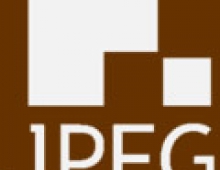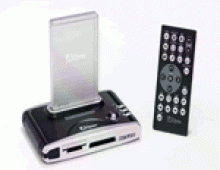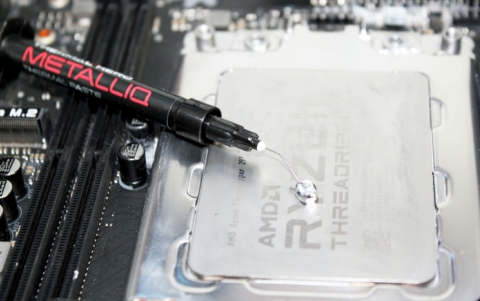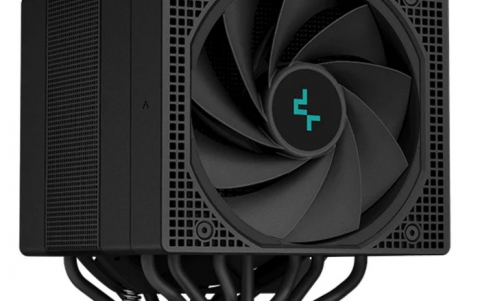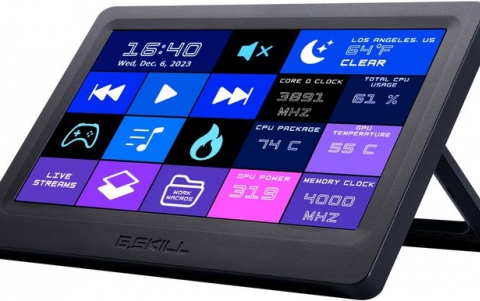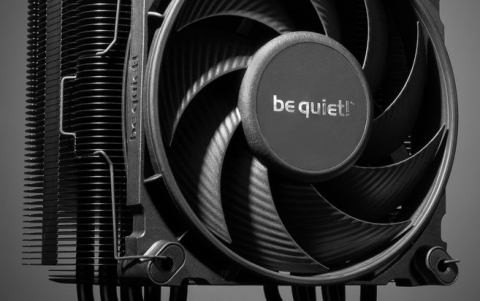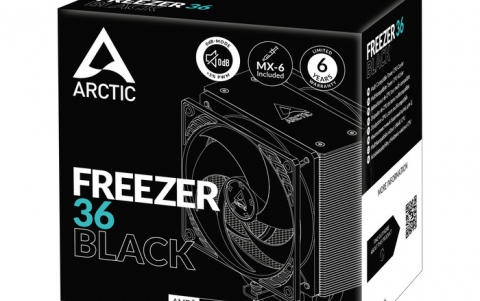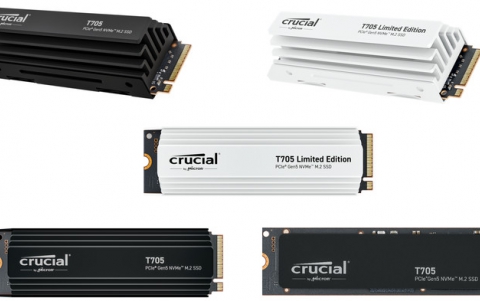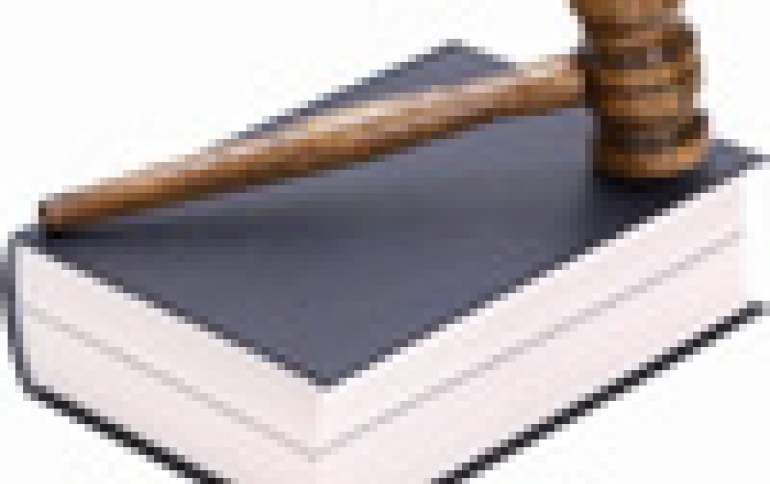
JPEG Patent Case Progress
Forgent Networks Monday said that in the United States District Court for the Northern District of California, Judge Jeremy D. Fogel reconfirmed a Markman hearing on claim construction for February 13, 2006. The company had sued more than major hardware and software vendors, including Microsoft, Dell and Apple Computers, for allegedly infringing on its claim to an algorithm used in the popular JPEG picture file format.
The so-called Markman hearing - in which a trial judge hears evidence and
definitions and then determines asserted patent claims as matters of law -
refers to the lawsits filed against Microsoft and other companies back in
February 13, 2006.
Through its subsidiary Compression Labs, Forgent Networks's suit could lead to an increase in prices for tools and software used to create and modify images -- or even lead the industry to abandon the JPEG format altogether.
The suits were part of Forgent's intellectual property program incepted over three years ago, and has generated more than $100 million in revenues primarily from licensing the 672 Patent to more than 40 different companies in Asia, Europe and the United States, according to the company. The 672 Patent relates to digital image compression used in digital still image devices that compress, store, manipulate, print or transmit digital still images such as digital cameras, personal digital assistants, cellular telephones, printers, scanners, and certain software applications.
"It's unfortunate that, despite Microsoft's recent inquiries about licensing the patent, they chose to file a lawsuit, leaving us no alternative but to assert infringement claims against it," Richard Snyder, chief executive of Forgent, said in a statement last March.
"(Forgent) is subverting the JPEG standard to extract millions of dollars in unwarranted profits," Microsoft's lawsuit stated.
Forgent's critics say the new lawsuit is yet another example of how the practice of using patents to generate revenue is endangering the computing industry. It isn't the first time the company has been criticized for trying to enforce the compression patent.
Through its subsidiary Compression Labs, Forgent Networks's suit could lead to an increase in prices for tools and software used to create and modify images -- or even lead the industry to abandon the JPEG format altogether.
The suits were part of Forgent's intellectual property program incepted over three years ago, and has generated more than $100 million in revenues primarily from licensing the 672 Patent to more than 40 different companies in Asia, Europe and the United States, according to the company. The 672 Patent relates to digital image compression used in digital still image devices that compress, store, manipulate, print or transmit digital still images such as digital cameras, personal digital assistants, cellular telephones, printers, scanners, and certain software applications.
"It's unfortunate that, despite Microsoft's recent inquiries about licensing the patent, they chose to file a lawsuit, leaving us no alternative but to assert infringement claims against it," Richard Snyder, chief executive of Forgent, said in a statement last March.
"(Forgent) is subverting the JPEG standard to extract millions of dollars in unwarranted profits," Microsoft's lawsuit stated.
Forgent's critics say the new lawsuit is yet another example of how the practice of using patents to generate revenue is endangering the computing industry. It isn't the first time the company has been criticized for trying to enforce the compression patent.


